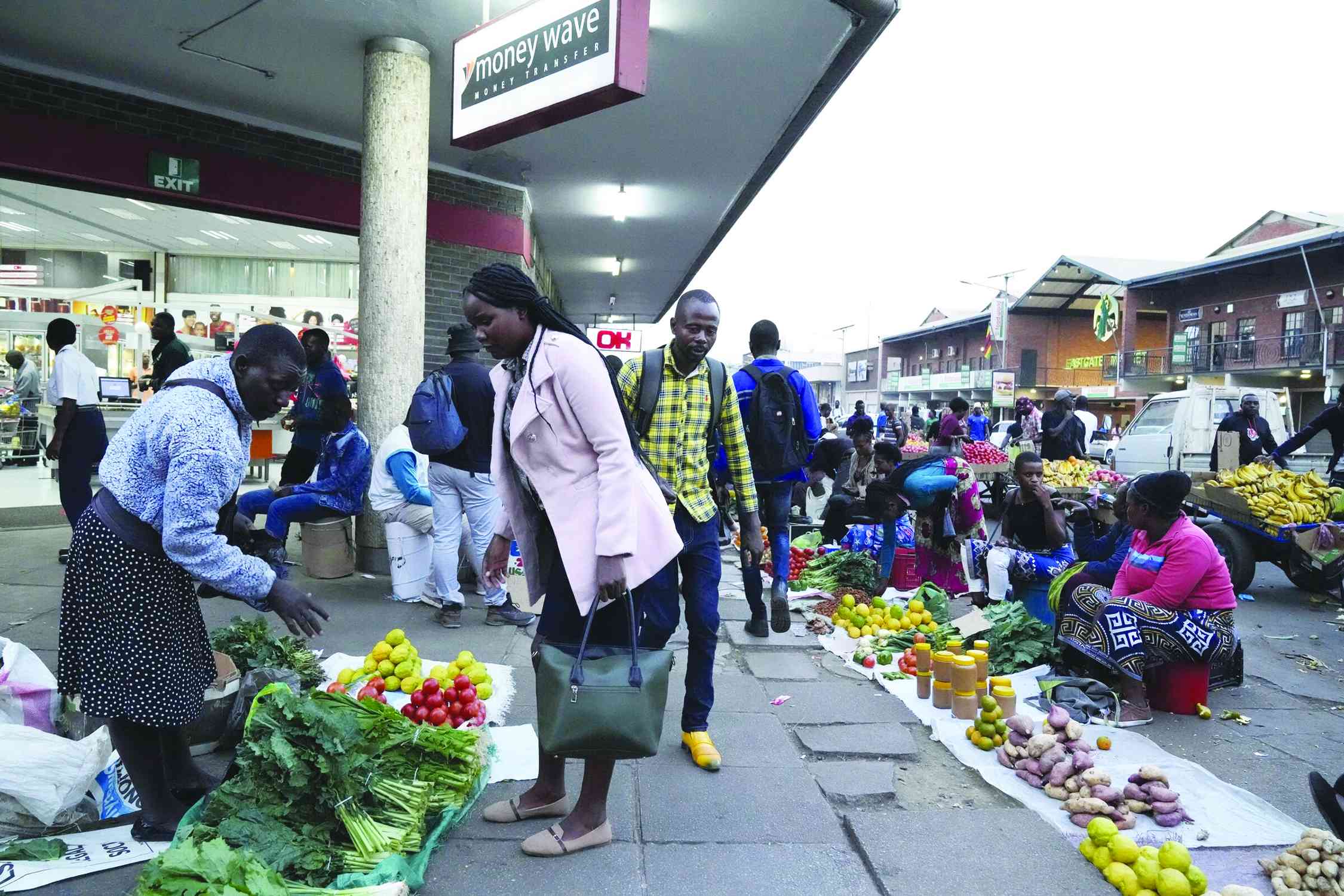
The launch of the Global Flourishing Study on April 30, 2025 marks a significant pivot in how we understand and evaluate human well-being.
By anchoring itself in six deeply human domains — meaning and purpose, religion and spirituality, mental and physical health, character and virtue, happiness and life satisfaction, financial and material stability, as well as close social relationships — the study offers more than metrics. It gives a moral and developmental lens through which societies, including Zimbabwe, can view their progress.
As Zimbabwe navigates a turbulent socio-economic landscape, these domains serve not merely as abstract ideals, but as urgent priorities that must underpin our national conversation on development. This article explores how each of the Global Flourishing Study’s domains resonates within the Zimbabwean context.
Meaning and purpose
In a country where unemployment remains high and many young people grapple with economic exclusion, the question: “Do you understand your purpose in life?” is not philosophical — it’s existential.
Zimbabwe’s school-leavers and graduates often find themselves in limbo, unable to translate education into meaningful livelihoods. Programmes such as the government’s Youth Empowerment and Employment Creation initiatives aim to bridge this gap, but impact has been mixed.
That said, purpose can also emerge from community and struggle. Zimbabweans involved in civic movements, faith-based organisations, or farming cooperatives frequently report a profound sense of calling. Purpose in this context is a kind of socio-spiritual resilience — the belief that the struggle is not in vain.
Religion and spirituality
- Mavhunga puts DeMbare into Chibuku quarterfinals
- Bulls to charge into Zimbabwe gold stocks
- Ndiraya concerned as goals dry up
- Letters: How solar power is transforming African farms
Keep Reading
Zimbabwe remains a deeply spiritual country. From apostolic sects in rural Mashonaland to charismatic churches in Harare’s high-density suburbs, religious life is vibrant. Weekly service attendance remains high, and many Zimbabweans report feeling “loved by God”.
Yet, the same spiritual landscape is not without its shadows. Harmful religious practices, particularly in some apostolic sects — such as child marriage or the rejection of medical care — highlight the darker side of religious centrality. Moreover, the rise of prosperity theology risks reducing spirituality to transactional materialism.
However, for many, religion still offers unparalleled emotional comfort, communal identity, and even political voice. Spirituality is not separate from the Zimbabwean struggle — it often leads it.
Mental and physical health
Mental health is slowly emerging from the shadows in Zimbabwe, though stigma remains high. The pandemic of depression, anxiety, and substance abuse among youth is exacerbated by unemployment and urban poverty.
Facilities such as the Friendship Bench — a community-based mental health intervention using trained grandmothers — have shown innovation in care delivery.
Physically, Zimbabweans continue to battle both communicable and non-communicable diseases, with erratic drug supply and underfunded public health institutions. The urban-rural health divide remains stark, and access to pain management or mental health services is often a luxury.
When individuals rank their well-being, they are often ranking their access to care and societal dignity.
Character and virtue
Do Zimbabweans still strive to promote good in difficult circumstances? Despite economic desperation, corruption scandals, and service delivery failures, stories of integrity persist.
The whistle blowers, the civil servants who refuse bribes, the students who volunteer in marginalised communities — personify virtues of hope, gratitude, and sacrifice.
Religious institutions and schools continue to teach forgiveness, charitable giving, and delayed gratification. However, the erosion of public trust and the normalisation of “hustling culture” can erode these values. What is needed is a deliberate national effort to institutionalise virtue — through leadership by example, ethics education, and community recognition.
Happiness and life satisfaction
Zimbabweans are some of the most resilient people in the world, and paradoxically, some of the happiest — at least intermittently. Despite inflation and erratic infrastructure, neighbourhood braais, weddings, soccer matches, and church gatherings pulse with laughter.
That said, there is a difference between momentary joy and sustained satisfaction. Many Zimbabweans express deep dissatisfaction with their life prospects, citing political disillusionment, lack of freedom, and absence of opportunity. The quest for peace, balance, and mastery is often deferred to an imagined future.
The national psyche remains hopeful, but often wounded.
Financial and material stability
No domain is as obviously urgent in Zimbabwe as this one. With over 80% of the workforce in the informal economy and inflation regularly disrupting incomes, many live hand to mouth. Worrying about rent, school fees, or medical emergencies is common.
Even those with jobs rarely feel financially secure. Programmes such as Pfuma/Inotho/Umnotho under the National Development Strategy offer pathways to empowerment, but their reach and consistency need reinforcement.
If Zimbabwe is to flourish, the everyday burden of material insecurity must be lifted — starting with predictable macroeconomic policies and affordable services.
Close social relationships
Family remains the bedrock of Zimbabwean life, especially in the absence of a strong welfare state. Grandmothers raise grandchildren, siblings pool incomes, and extended families act as informal safety nets. Social support is not an option — it’s the only option.
But relationships are not without strain. High emigration has led to dislocated families, and rising urban stress levels have impacted marital and communal cohesion. Loneliness and disconnection are increasingly reported, especially among men and the elderly.
Social capital must be cultivated — through better community spaces, mental health inclusion, and targeted interventions that value relational well-being.
Flourishing nation is just nation
The Global Flourishing Study does more than measure well-being — it holds up a mirror. Zimbabwe’s reflection is complex: vibrant yet vulnerable, spiritual yet struggling, hopeful yet hindered. True national development must now move beyond gross domestic product and infrastructure to embrace holistic well-being. If policymakers, civil society, faith institutions, and businesses use this framework, Zimbabwe can pursue not just survival — but human flourishing. To flourish is to be fully human — and Zimbabwe, with all its contradictions, is more than capable.
- Jongwe is a humanistic leader with extensive expertise across various industries in southern Africa, including higher education — WhatsApp: +263 788016938 or email: [email protected].






